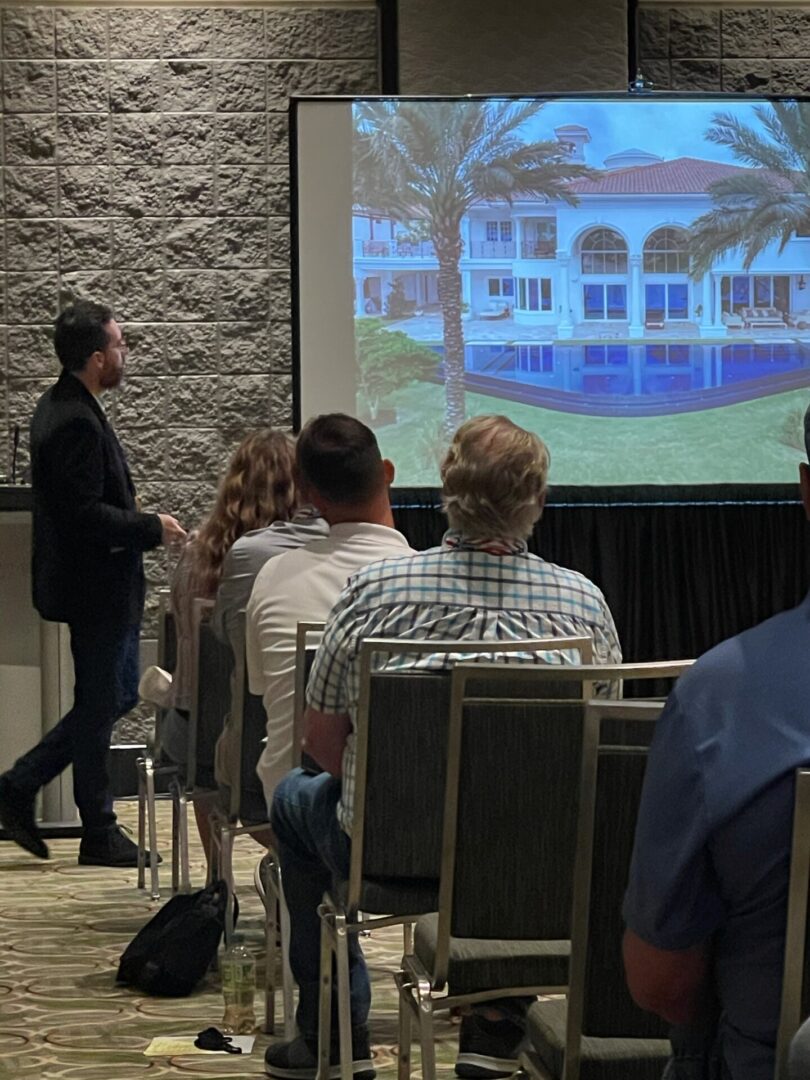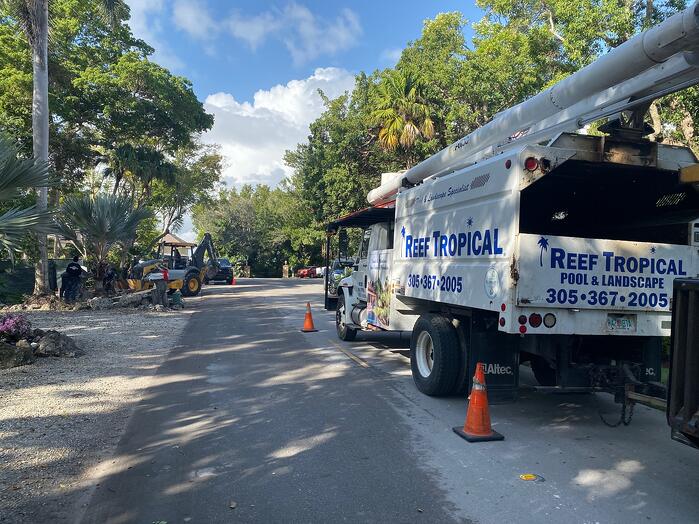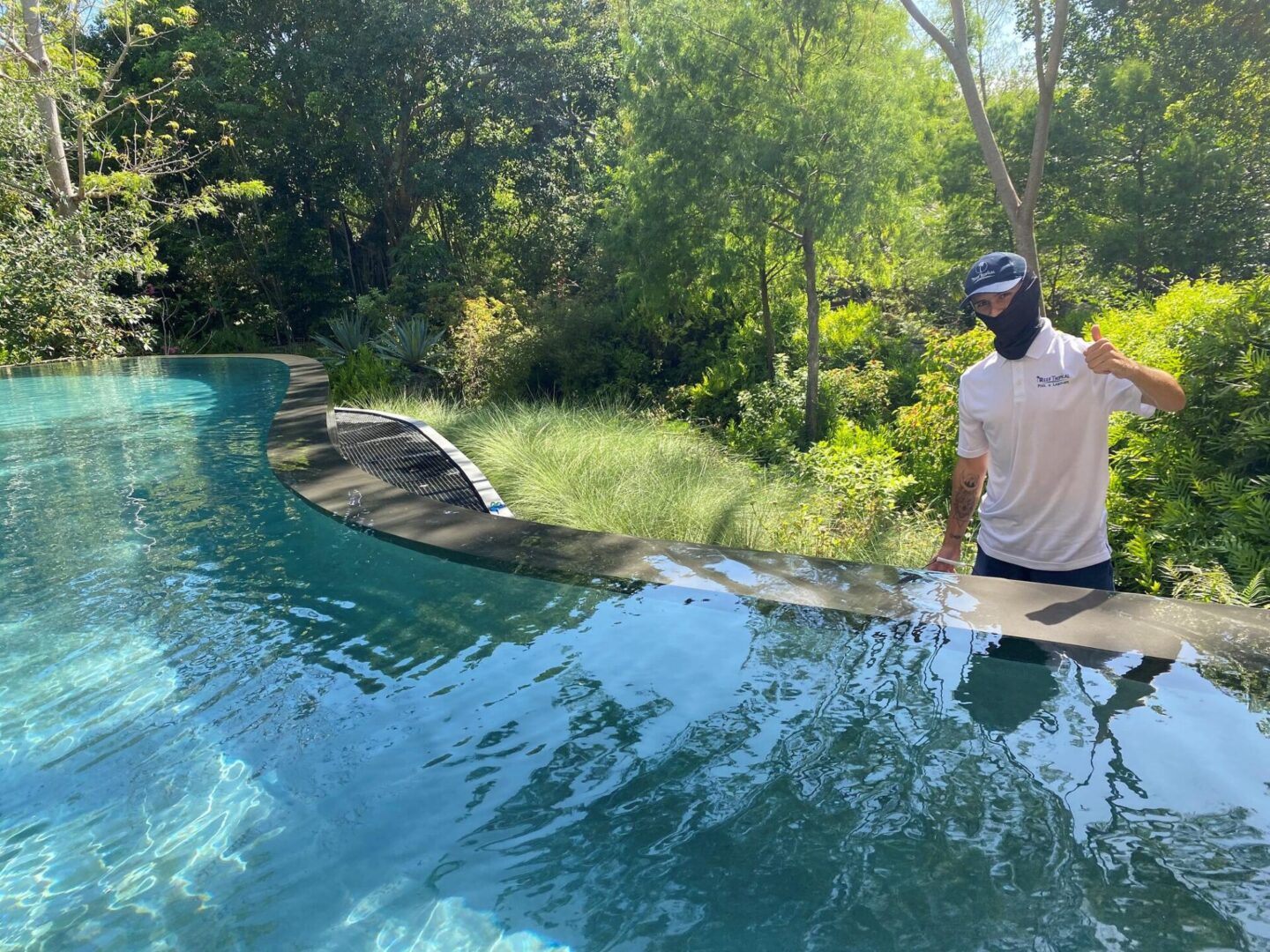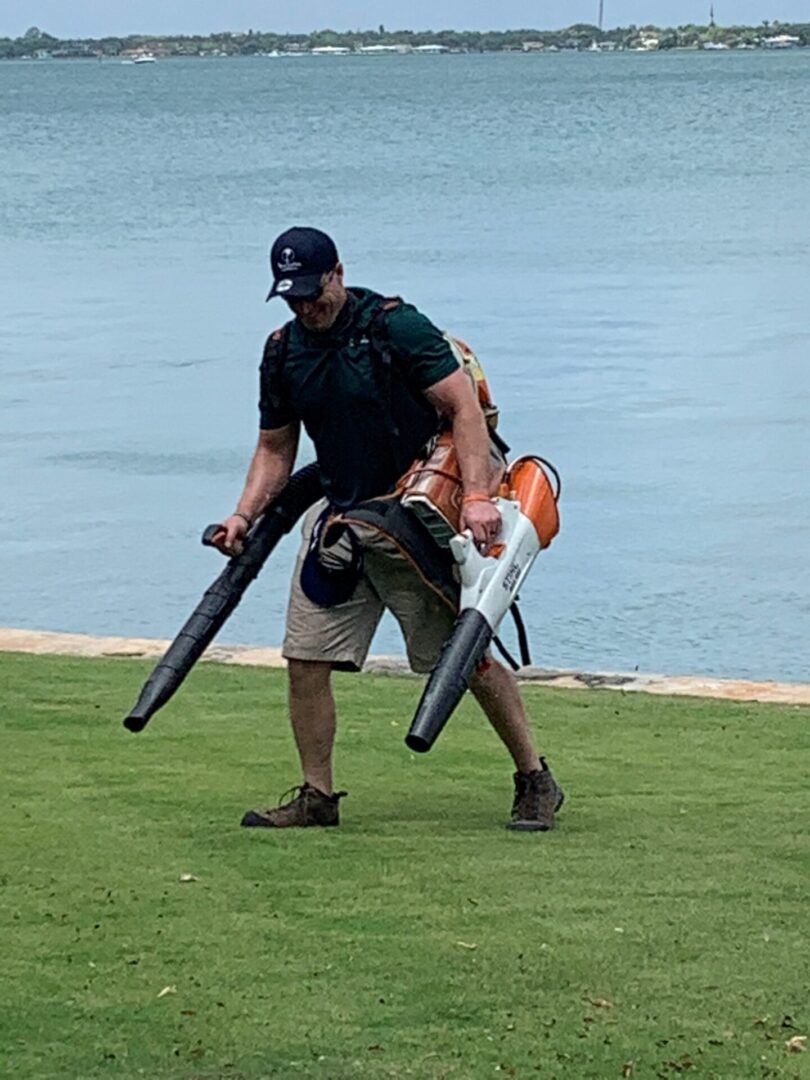Virtuosity in Pool Service: Fostering Long-Term Strategies
As defined in gymnastics, virtuosity is “performing the common uncommonly well.” My fitness coach taught me to apply this in training by focusing on the fundamentals above sophisticated movements, i.e., air squats vs. squat cleans. Candidly, I can use this mindset in everything I do, i.e. safely driving my car vs. leading a company. Likewise, in the pool & landscape industry, our field service teams must perform the essential things well because our service quality is on stage. Moreover, our customers readily recognize the basic stuff and our company efficacy is at risk if we do not learn how to perform the fundamentals exceptionally well and consistently.
So why are there still green pools and brown grass? The basic reoccurring requirements of our trade remain which can often lead to burnout and counter-productive behaviors, including negative compliance, work avoidance, unwarranted absenteeism, and failure to follow safety regulations. How is it possible for our management teams to maintain their joy and emotional health while addressing identical customer complaints? What does virtuosity look like in the work environment, and how can we apply this in our leadership? How can we instill values to do the basic things exceptionally well and onboard virtuosity? This article will begin to answer some of these questions and discuss ways to build a service-minded culture.
If you survey our customers, you will find that we are still far from perpetually sustaining quality in service delivery. Therefore, I am no expert in this conversation, and we are growing and learning just like others in the industry. Yet, based on numerous organizational interventions over the past years, our customers have experienced a renewed energy and passion for improving and addressing their needs. These changes have allowed the right customers to join us on the mission and professionally acknowledge our continual task completion duties under adverse and monotonous circumstances. Nevertheless, I’m profoundly aware that we will fail in our mission without a clear and sustainable purpose for executing these basic tasks “uncommonly well.” So here are some things we do:
We prioritize a strategy of customer retention above prospecting for new business.
When we think about doing the basic things exceptionally well but can’t keep our existing customers, why would we prioritize prospecting? First, the aforementioned is the essence of trying to do something sophisticated like scaling a business before doing basics like serving a customer. Instead, we foster virtuosity and work by doing everything “in the spirit of excellence” (1 Corinthians 10:31). Second, where strategy alignment exists organizationally, resources will follow. So, we develop recruiting techniques to find quality candidates and then resource supervisors to train & teach those new team members about our quality standards.
We take good people and give them trade-specific knowledge. We are creative or original with techniques but consistent with fundamentals. Third, we constantly put customer retention & quality at the forefront of our weekly traction conversations and goals. This climate equips managers to address personnel issues confidently and quickly. Our intent is not confusing, and it’s clear what our staff should be spending their time doing – serving customers. Lastly, with a customer retention strategy, we don’t hire salespeople. We are here to provide a service and not sell something. With the service comes the relationship than trust. And with confidence, we can recommend upgrades for accounts and create long-term retention. We don’t compete on price but instead differentiate through the quality and consistency of fundamental service offerings.
We rationally embrace the reality that we are in the business of customer complaint management
There are minimal barriers to entry in our industry, which creates multiple players. Our customers seem to know that anyone can clean their pool and cut their grass for a few weeks or months, but not everyone can deliver consistently. Likewise, they can’t productively manage complaints. “It’s OK, it happens, it’s what we do for a living, you are still really good at this” are some of the phrases we often use to encourage our field teams. And the dialogue is never going to end, so let’s embrace the basics of this reality and realize the job security it creates. Rationally, maybe the customer is complaining because we visited the same property and performed the same service for the pool & landscape over 2,000 times in the past 25 years – it’s not possible to do it according to expectations every time. Frankly, I bet we are batting over .950 on average. Customer service is a marketing term! It is a form of marketing! Marketing pays well and is very gratifying when done right. And it is repetitive! Therefore, we invest resources into customer complaint management systems, respect and value our support staff and give them autonomy over modifying the process. Promotions come to those who systematically improve the customer experience in the office and the field. Regardless of how hard we try, we will consistently be facilitating customer complaints. It is how we handle these complaints that create differentiation from our competition. We learn how to own this concept and don’t get discouraged by internalizing our customer’s issues. We are good at this and accept it as a vocation. We express that we can always get better but know we can’t fit everyone’s ideals. So irrespective of how smart we are, if we can’t do customer complaint management basics, we are not competent in the eyes of our customers.

We have a reward system for citizenship behavior and not just task performance
We focused only on the outcome issue, i.e., they blew grass on the boat and not the behavioral change, i.e., it keeps happening after we have asked them to cease. We realized we were addressing the symptom and not the problem. Therefore, we instituted behavioral change strategies. The same support staff that manages our customer complaint systems also administers rewards to field personnel who embrace issues and demonstrate sportsmanship in the field. In addition, they notice and reward discretionary behaviors that are not a part of job descriptions—for example, taking on additional pools when someone is out sick and bringing customers a present for their birthday. A tech routinely helps his client down the stairs. We partner with public safety to report issues on the property that are not just related to our service offering. We reward the people who made a mistake if they onboard the complaint, prioritized it, redeem themselves and satisfy the customer. Suppose we can be rational about the reality of our vocation and what it looks like in our personal lives – serving others well (1 Peter 4:10). In that case, we can value the basic concepts of helping behaviors and conscientiousness. We hire on values, train on fundamentals, and develop rewards for citizenship behaviors to demonstrate their importance within the work environment. It sounds simple because it is simple. Yet, it takes time, grit, and a focus on virtuosity. Because our business involves people, expectations, values, and beliefs and also involves…

Driving Clear and Sustainable Purpose into Every Task
Although I am deeply compassionate for crews and techs that perform routine maintenance services due to the perceived boredom of the tasks, I rationally advance the truth of the importance of virtuosity.

Suppose we fail to figure this out constructive and cohesively. In that case, we run the risk of driving unnecessary contention into conversations, negatively impacting people’s lives (including our own), and moving fear into the hearts of subordinates. But, on the other hand, those who figure this out and proactively address the behaviors of field personnel with emotional intelligence and tact will scale their organizations and lead teams to achieve goals and dominate industries. So me and my team, we want virtuosity!


